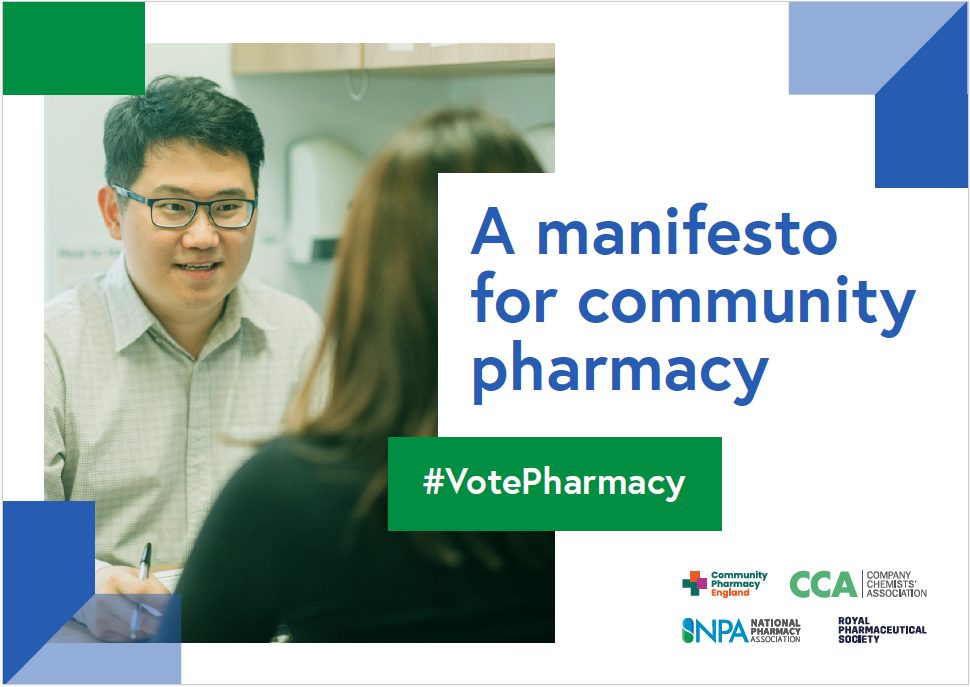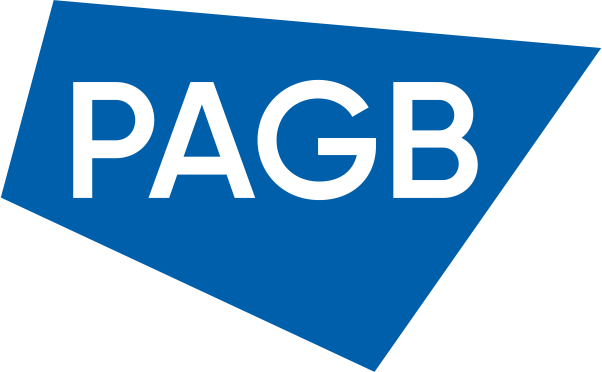Commissioning ‘vehicles’
Published on: 7th August 2013 | Updated on: 15th March 2022
Limited Liability Partnerships (LLPs) & Community Interest Companies (CICs)
As the commissioning landscape changes, commissioners may prefer to enter into a small number of contracts with large organisations, that can guarantee wide coverage, performance management and a single point of contact for invoicing – rather than having to agree potentially hundreds of contracts with individual providers. LPCs and many community pharmacy contractors have recognised that opportunities to provide services may therefore depend on groups of contractors working collaboratively, either informally, or through the formal structures such as limited liability partnerships or community interest companies.
Several years ago, Community Pharmacy England obtained expert legal advice on the role of LPCs in forming companies (for the purpose of commissioning). That advice, in summary, confirmed that an LPC is recognised under the NHS Act 2006 for prescribed purposes (mainly for market entry consultations, and for consultation on fees for Enhanced Services). As such, they must ensure that they provide equal opportunity to all the pharmacies in their area, to receive the support of the LPC in seeking out commissioning opportunities. Whilst the LPC itself would have a conflict of interest in themselves forming LLPs or CICs, they may be asked about these structures by groups of contractors.
LPCs can provide some support to their contractors, but would need to ensure that they do not devote a disproportionate amount of time in supporting a cohort of their contractors, and they must also ensure that when they support and represent contractors forming such structures, they do so in a way that allows equality of access and does not disadvantage particular contractors.
Community Pharmacy England took legal advice in 2009 on structures in which a group of contractors could come together to provide services, that have inbuilt training, performance management, invoicing and distribution of fees, and for which membership would be open to any contractor including the multiples. The advice at that time was that a Limited Liability Partnership may be appropriate. Community Pharmacy England funded the development of a template LLP agreement, and this is available via LPCs (LPCs should contact Gordon Hockey, Director of Operations and Support, for information on accessing the template agreement) from the solicitors who provided the initial advice.
Some LPCs and contractors have also considered alternative structures, including Community Interest Companies. As with any formal grouping, it is essential that legal advice is taken. For preliminary research on the structures and obligations of CICs, see the government’s business website. Legal advice should be taken on the constraints that exist for such bodies; an important feature of the CIC is that the assets and profits are primarily for the benefit of the community and not for rewarding the members of the company.











